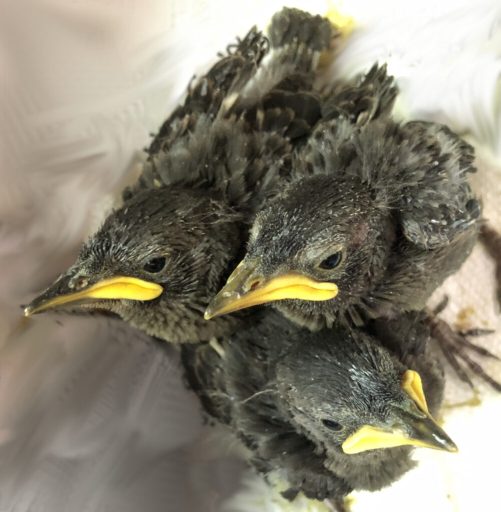3 STEPS TO BETTER MENTAL FITNESS
Mental fitness is a measure of your ability to handle life’s challenges.
When you’re mentally fit, you use your mental abilities to the fullest extent. Mental fitness enhances your creativity, ability to manage stress and anxiety, and ability to cope with mental health challenges.
Take the first steps to improve your mental fitness today.
👉 Step 1: Discover your Inner Saboteurs
Saboteurs are the voices in your head that generate negative emotions in the way you handle life’s everyday challenges. The first step to conquering your Saboteurs is to identify them and expose their lies and limiting beliefs.
Take the free Saboteur Assessment to discover the Saboteurs that are holding you back: Saboteur Assessment
👉 Step 2: Track your Mental Fitness Score
PQ (Positive Intelligence Quotient) is the measure of your mental fitness. It’s the best predictor of how happy you are and how well you perform relative to your potential. With practice, you can build powerful new muscles in your brain and boost your PQ.
Take the PQ Score Assessment to get a measure of your mental fitness and identify the areas where you want to improve: PQ Score Assessment
👉 Step 3: Explore the PQ Program & Sign up
Sustained change towards a more positive mind requires laying down neural pathways to form new habits through consistent daily practice. And that’s what the PQ Program empowers you to do.
Visit Meet Life’s Challenges without Negative Emotions to learn more about how the PQ Program can improve wellness in your life.
(reposted from Positive Intelligence, 2023)





























